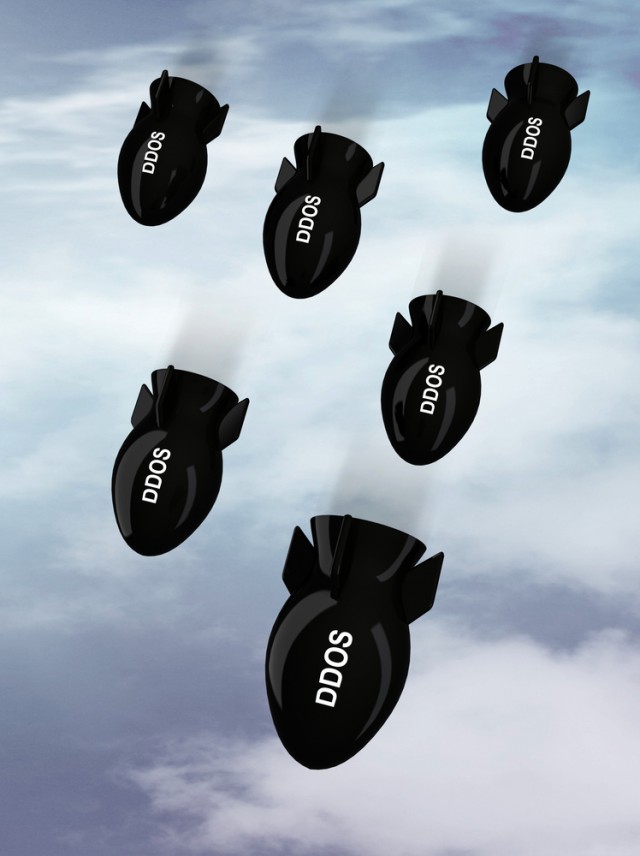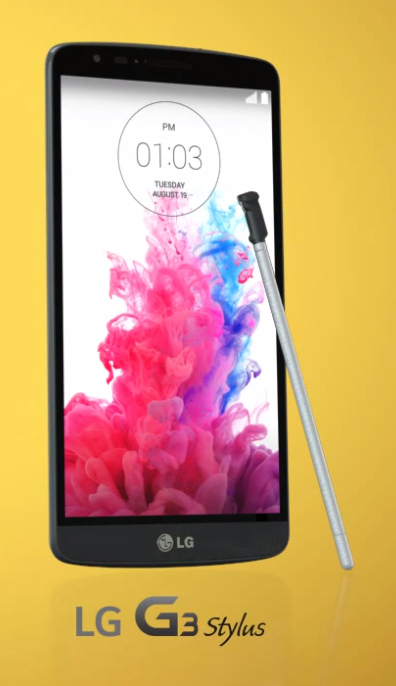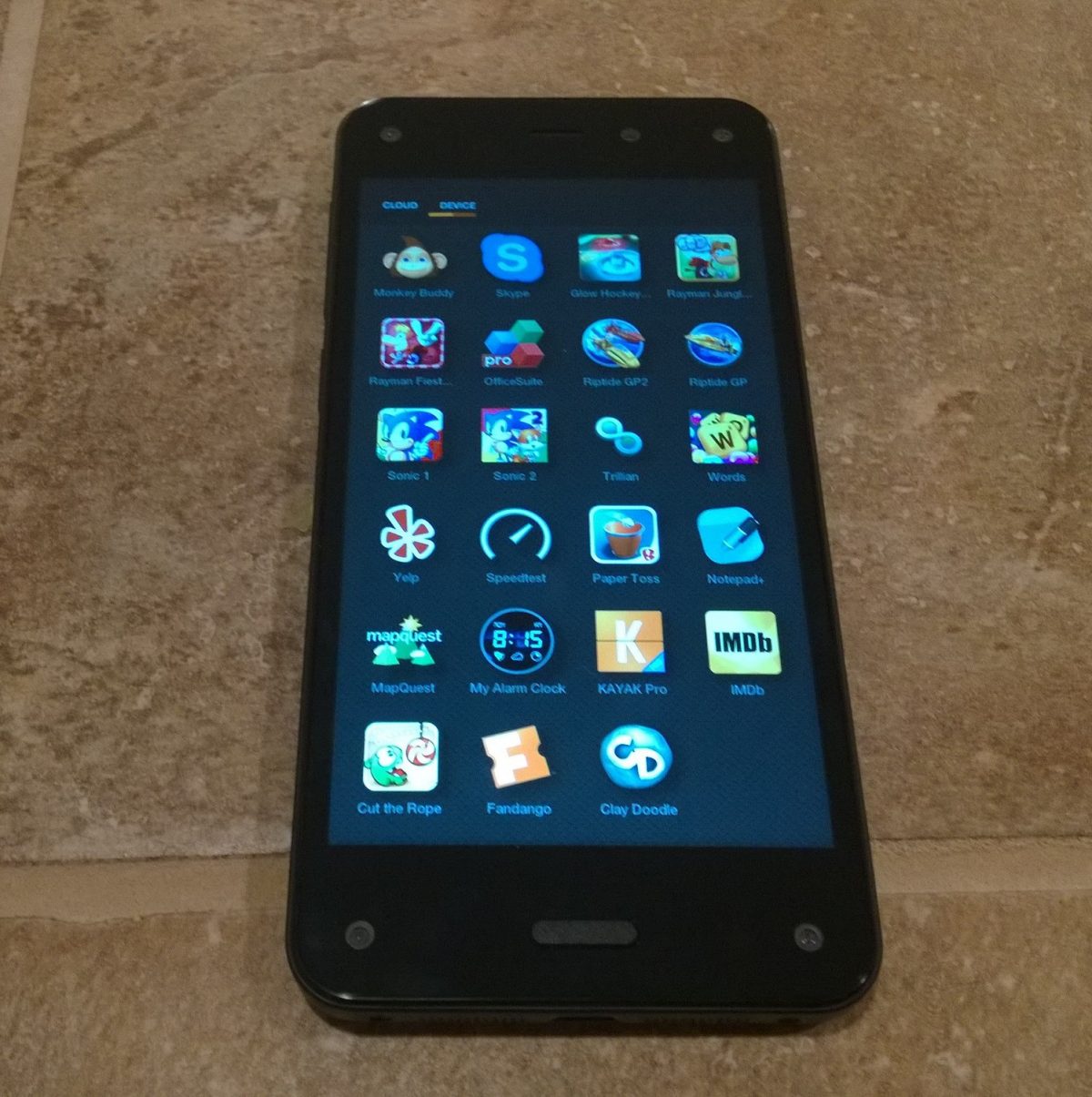
Microsoft has no plans -- at all -- for a Windows 8.1 Update 2
Microsoft has confirmed that it will be delivering an update for Windows 8.1 on August 12, as part of Patch Tuesday, and as I reported yesterday, it will be a pretty unexciting release.
Anyone hoping that Microsoft was going to surprise us all with a feature packed update will be doubly disappointed as not only is the August update not the rumored Update 2, but Microsoft has no plans -- zero, zip, zilch, nada -- to release an Update 2 at any point in the future. Clear signs that the tech giant is focusing all its attention on Windows 9 (aka Threshold) now.

Google brings equality to Gmail -- now supporting non-Latin characters
While email may be falling out of favor with today's youth, I still prefer it as my main means of digital communication. It may be all the rage to send pictures of your private parts on Snapchat, selfies on Instagram and messages to your BFF on Whatsapp, but I'll stick with good ol' electronic mail, thank you very much.
Unfortunately, email hasn't changed very much over the years -- there has not been a lot of innovation. Even worse, email addresses have forever been limited to Latin characters. The problem with this is email and the internet are global and not all countries use Latin characters in their language. If they do, they may also integrate accented Latin characters too, such as an accent (á) or a tilde (ñ). Today, Google is stepping up to bring support for both non-Latin and accented Latin characters, in its very popular Gmail service.

MediaFire launches new cloud storage app for iOS and lowers prices
Consumer cloud storage specialist MediaFire has announced a major update to its native iOS app, bringing a number of new features to the popular storage platform and heralding a new pricing model.
Available on the iTunes store from today the new free app includes automatic photo and video syncing, enhanced video and music streaming performance, new mobile sharing options, and a brand new high resolution user interface.

Second generation ransomware now in the wild
Ransomware is a particularly nasty form of malware that locks your computer, encrypts your files, and then demands a ransom to free your data. Payment is usually made using untraceable currencies like Bitcoin. In a lot of cases it’s easy enough to remove the malware without paying anything, but doing so won’t get your files back.
A new wave of even more dangerous ransomware is now beginning to appear in the wild. Kaspersky recently highlighted a worrying new threat called CTB-Locker (aka Critroni), nicknaming it "Onion", because it uses the anonymous TOR network. Trend Micro reported another wave of ransomware called Crytoblocker, described as the potential successor to CryptoLocker, and Synology customers are now experiencing a targeted customized ransomware attack.

Continuity Software allows ServiceNow users to guard against outages
Although it's increasingly popular to move data and systems to the cloud, the risk of suffering a system outage of some kind is still very real and it can make monitoring the IT infrastructure more difficult.
IT risk management company Continuity Software has a solution for users of the ServiceNow cloud portfolio who will now be able to use Continuity's AvailabilityGuard to verify their systems.

Multi-vector DDoS traffic soars as attackers return to trusted methods
As the security industry has got wise to the use of the Network Time Protocol vulnerability to create DrDoS (Distributed reflected Denial of Service) attacks their traffic levels have dropped by 86 percent.
However, traditional multi-vector attacks against servers and websites have seen their traffic increase by 140 percent. Attacks using the TCP SYN and HTTP GET protocols are now the most frequent and severe threats to enterprises and service providers. This is according to a threat report for the second quarter of 2014 from attack protection specialist Black Lotus.

Google email scanning technology catches pedophile sharing abuse photos
The scanning of personal emails is almost universally regarded as a terrible thing. Just like the activities of the NSA, when email providers start rifling through private information, it has a tendency to upset people. The justification for governmental mass surveillance has always been that it helps to combat crime -- and of course we never have to wait for long before the words "terrorists", "extremists", and "attack" are used. Google has just demonstrated how email scanning can be used to catch criminals. In this case, Google's image recognition software was used to identify images of child abuse sent via email by a Texan man.
A 41 year old man was arrested after the system detected suspicious material. The police were alerted and requested the user's details from Google after child protection services were automatically notified of the findings. The convicted sex offender's account triggered an alert after automatic, pro-active scans detected illegal pictures and Google then reported it to the National Center for Missing and Exploited Children. Google is understandably tight-lipped about how its technology works, but as the Telegraph points out, we do already know a little about the methods used.

LG reveals stylus-toting G3
South Korean maker LG plans to introduce a stylus-toting version of its acclaimed G3 Android flagship. According to a new video posted by the company on YouTube, its upcoming handset will be called G3 Stylus.
G3 Stylus is revealed as a new device part of the G3 premium lineup, which at the moment only includes G3 and its smaller brother, G3 Beat, the last of which was announced last month. What else do we know about it?

Xiaomi leads the smartphone market in China
Xiaomi's name may mean close to nothing in western markets, but the smartphone maker is well-known in Asia for its powerful yet affordable handsets. Take the new Mi 4 flagship, for instance. It rivals HTC's One (M8) in the specs department, but can be had for less than what Google asks for its Nexus 5. There's a similar story with other Xiaomi-made devices, that are proving to be extremely popular with consumers in China.
Xiaomi's smartphones are so popular in China that, in the second quarter of the year, they allowed the manufacturer to overtake worldwide leader Samsung in the local Asian market, according to a new report from analyst firm Canalys. Xiaomi, which is a Chinese vendor, was responsible for 14 percent of smartphone shipments in the country, surpassing Samsung, Lenovo, Yulong and Huawei. The combined market share of top worldwide vendors Samsung and Apple was just 18 percent in China in Q2 2014, as the two were able to ship just 20 million units put together.

Mozilla Developer Network site leaks 76,000 user email addresses
The latest organization to suffer an embarrassing security failure is open source developer Mozilla. The company whose mission is "to promote openness, innovation and opportunity on the web" has, it seems, been a bit more open than usual.
It has admitted to leaking the email addresses of 76,000 developers. This began happening on June 23rd when what Mozilla calls a "data sanitization process" on the Mozilla Developer Network site began failing and carried on for a month unnoticed.

ImBatch 3.0 adds Curves tool, image filtering
High Motion Software has unveiled ImBatch 3.0, an interesting update to its free-for-personal-use image batch processing tool.
The headline addition is the Curves task, a versatile and configurable way to adjust image colors.

Which people make the best remote bosses?
It's reckoned that more than 60 percent of employers offer some form of remote working in order to increase employee satisfaction and retention rates.
But what type of boss makes for a harmonious telecommuting experience? Online forms specialist Formstack has put together an infographic evaluating the traits of different types of manager and how they lend themselves to working with remote teams.

recALL displays forgotten email and FTP passwords
Setting up a new email or FTP client can take a while, especially if you’ve lots of accounts. Not only will you have to look up server names, ports, security and other details, but you’ll also have to try and remember all your various passwords.
If you didn’t make a note of yours originally (and you don’t use exactly the same password for everything), there are a few tools which might be able to help. NirSoft’s Mail PassView is one of the best known.

Amazon Fire phone -- Android done differently [Review]
Amazon's Fire phone does not have access to Google's Play Store. I want to get that out of the way first, as it may be a consumer's biggest concern about the phone. However, that said, it might not be a big deal. In fact, it is quite refreshing to experience Google's Linux-based operating system without Google. In my opinion it is dangerous for Android to become synonymous with Google's store.
With Android, you do have the ability to add 3rd party stores without rooting or hacking. Unfortunately, on most devices, only Google's Play Store comes installed. While I have seen some devices come with the Amazon Appstore preloaded too, make no mistake, the Play Store is always the main focus. The Fire phone bucks that trend and puts Amazon's store into the spotlight and that is not a bad thing. Actually, as I will explain later, you can add additional app stores and even install some of Google's apps.

Researcher claims passenger planes are vulnerable to cyber attack
A cyber security researcher has worked out ways to hack into passenger jets through the plane's Wi-Fi and inflight entertainment systems.
If confirmed, the claim could prompt a comprehensive restructure of aircraft security, and cast new scrutiny on the way aircraft electronic security has been managed in the past.



